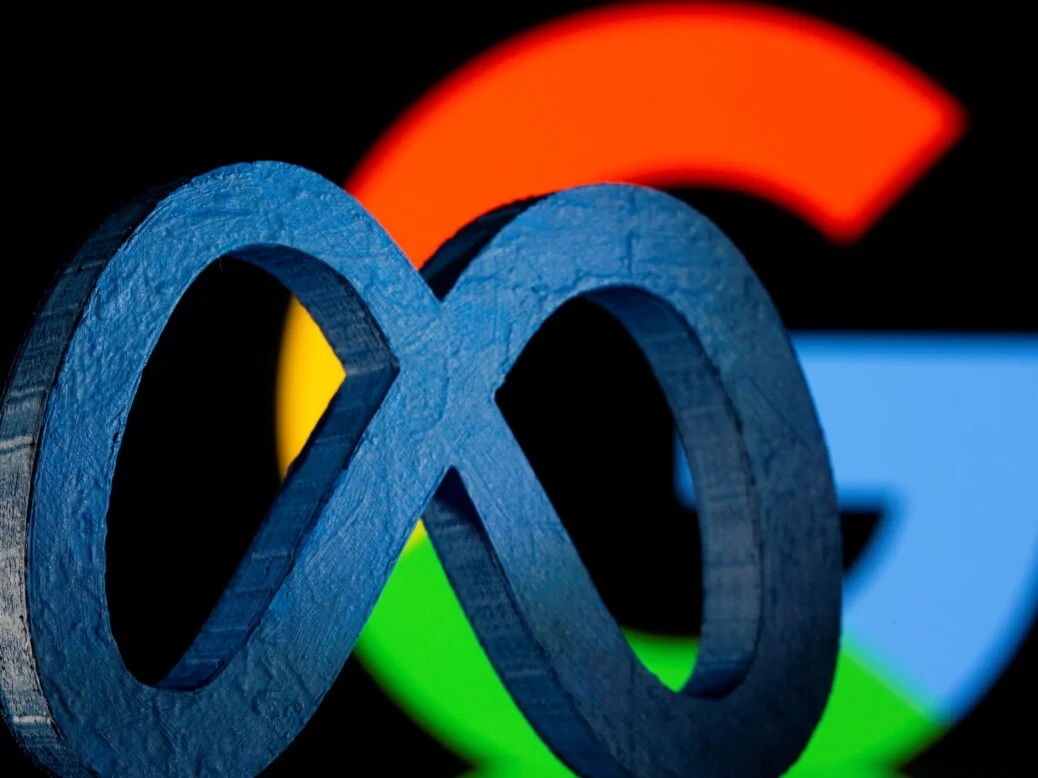Write your intro last. That was the advice I received from a senior colleague at the start of my career and, after reading The Verge’s latest article on the ills of the SEO industry, I was immediately reminded of its value.
You might have already read Amanda Lewis’ lengthy article last week (or the couple of rebuttals that it elicited), but I felt compelled to add my own thoughts on the topic.
Many of the article’s observations were outdated or poorly conceived, with much of it boiling down to a “feels bad man” meme about the state of internet search.
If you’re planning to read it, then buckle up for a roughly 8,500-word article (yes, you read that right) that, at times, struggles to maintain a coherent train of thought while looking to pick fights with an SEO industry the outlet is a part of.
Tonal Rollercoaster
SEO isn’t sexy. That isn’t a particularly unique insight. Still, it’s mine and comes from working alongside many talented SEO professionals constantly striving to understand what Google rewards.
Perhaps that’s why Lewis preferred to come out guns blazing in her opening, characterizing the SEO industry as one desperately trying to make a quick buck from search users’ misery. The modern-day snake oil salesmen, if you will.
While I am paraphrasing, her intro is certainly inflammatory. She asserts that “nearly everyone hates SEO and the people who do it for a living”, while linking to similarly themed articles that explore the supposed decline in quality of Google’s SERPs.
But the article never knows quite whom to blame for this sorry state of affairs: SEOs in general, Google, black-hat SEOs or a mix. At times, Google is cast as not doing enough; at other times, the search giant is said to be working harder than ever but is simply overwhelmed by a deluge of AI content.
Her writing flip-flops between bombastic and measured, anecdotal and analytical, warm and snarky often enough that it left me with the proverbial whiplash.
Conceptual Challenge
The article covers the bad old days of the internet at length when SEOs were generating large sums of cash from promoting “porn, pills, and gambling”. And yet, here I thought we needed to discuss the state of the SERPs in 2023.
It’s hard to understand her intent. Are we to take it that the shady practices of the past influence the search results of today? Or is it that the problems of yesteryear still exist?
The first doesn’t make much sense, given Google’s many algorithm updates, while the second does nothing to show that today’s SERPs are worse than those from five, 10 or 15 years ago.
When presented with Google Public Liaison for Search Danny Sullivan’s argument that user perception over quality doesn’t equate to fact, she dismisses it with a heavy dose of sarcasm.
“The problem was not Google. The problem was not SEOs. The problem was kids these days (not my emphasis).”
At the same time, her unexpectedly antagonistic description of Sullivan as “angry and defensive” led to one of the rebuttals I mentioned. I wasn’t on the phone for the interview, so I can’t say whether hers is a worthy description.
I can say that the use of pejorative language — which included “pissed”, “scolding” and “mad” — when referencing Sullivan’s comments would have left me deeply uneasy if I’d been her editor.
Ultimately, however, I can’t help but lean more towards Sullivan’s take. The number of people I’ve met who don’t know how “to google” is staggering. I still half-jokingly describe my ability to find stuff online as having “strong Google-fu”. I grew up watching ’80s and ’90s Hong Kong cinema, sue me!
Anyway, my point is that Google has always required a certain level of skill to use. I don’t remember the halcyon days of searching for something more advanced than cinema listings or a video game review and finding my answer on my first try.
All searches are not created equal.
Time for an Anecdote
About 15 years ago, my then-girlfriend (now wife) was struggling to get the webcam on her new laptop to work one evening. I told her she’d likely find an answer online using a few search tips I’d shown her but that the search would probably be excruciating and she’d be better off returning the laptop the next day.
To my bewilderment, she took it as a challenge. I still remember waking up in the wee hours of the following day to hear her triumphantly announce she’d found a forum post recommending a driver from a completely different manufacturer and that it had worked.
About six years ago, I was asked by my in-laws if I could help their friend access the password-protected computer of her recently deceased husband. I had no idea if such a thing was possible, but after a couple of hours of googling and forum reading, I was in.
My experiences are my own and I can’t pretend to speak for everyone. But anybody who expects to search the world’s roughly 200 million active websites for niche answers without issue is delusional.
These scenarios frequently take extended searches, with the searcher often needing to refine their terms and start again.
Content from our partners
Wrapping Up
I won’t get into the weeds of discussing The Verge’s decision to bash the SEO industry even though it, too, has an SEO team dedicated to optimizing content for visibility.
Such a conversation won’t yield anything productive. Publishers rely on SEO for visibility and traffic; let’s move on.
I’d rather speak to the growing tide of pessimism within the media regarding the state of Google Search and the lack of real answers that invariably accompanies it.
I wrote a few weeks back that publishers need new channels for discovery. Sure, I’ll hold my hands up to some blue-sky thinking in that piece, but we need more than talk about how the SERPs are bad. Especially when they don’t actually seem that far off course.
Google dominates the global search engine market for reasons beyond the $18-20 billion it allegedly pays Apple to remain the default search engine across iOS and OS.
Sure, I can struggle some days to find exactly what I’m looking for. But is that surprising given I’ve used it on a near-daily basis both professionally and personally for more than 20 years? Hardly.
Would I like faster and easier searches? Absolutely. Am I entitled to them? Well, that’s another conversation entirely.










